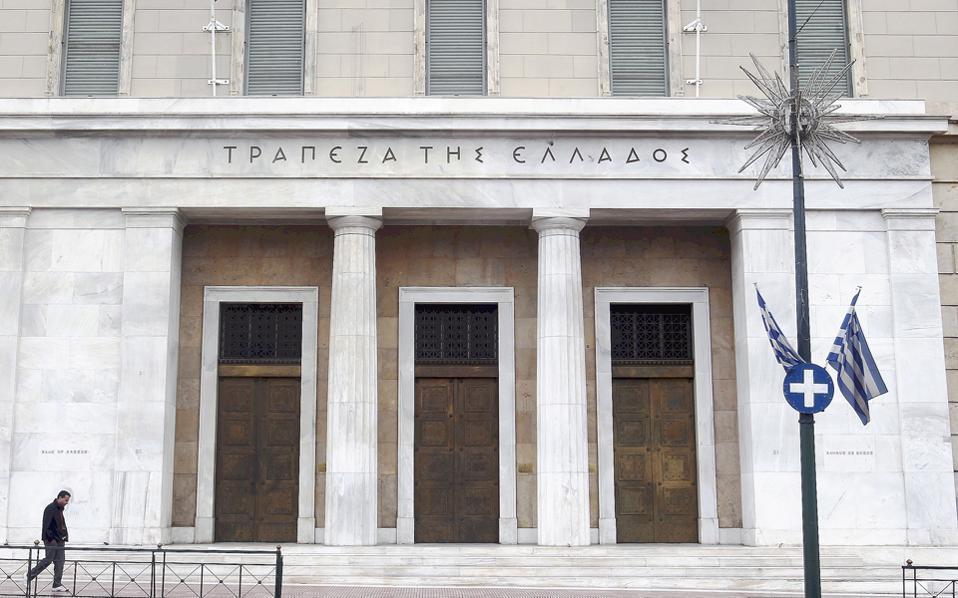Capital controls to stay till at least end of 2018

Greece will spend at least three-and-a-half years under the restrictions of capital controls as their abolition is not expected to come any earlier than the end of 2018, according to a competent credit sector source.
The next step in terms of their easing will come after the completion of the bailout review and the disbursement of the funding tranche, provided banks see some recovery in deposits. Sources say that the planning provides primarily for helping enterprises by increasing the limit on international transactions concerning product imports or the acquisition of raw materials.
Almost two years after the capital controls were imposed, by next Tuesday, according to the agreement with the creditors, the Bank of Greece and the Finance Ministry have to present a road map for the easing of restrictions. The road map is already being prepared and according to sources it will not contain any dates for the easing of controls but rather will record the conditions necessary for each step to come.
Kathimerini understands that the conditions will be the following: the return of deposits, the reduction of nonperforming loans, the state’s access to money markets, the country’s inclusion in the European Central Bank’s quantitative easing (QE) program, and the settlement of the national debt.
“Ideally, by end-2018 we will be able to speak of an end to the controls. In any case, the restrictions on deposits will be the last to be lifted,” notes a senior banking source, referring to the cash withdrawal limit that currently stands at 840 euros per 14 days.
The Hellenic Bank Association’s Executive Committee will meet on Wednesday to discuss proposals for the gradual easing of restrictions. The bankers’ proposals will constitute an updated version of those tabled in November 2016; they will likely include the introduction of a monthly limit of 2,000 euros for cash withdrawals and an increase in the withdrawal limit for funds originating from abroad from 30 percent to 60 percent.
The drop in deposits over the first quarter of the year will make it harder for such proposals to be implemented for the time being.





